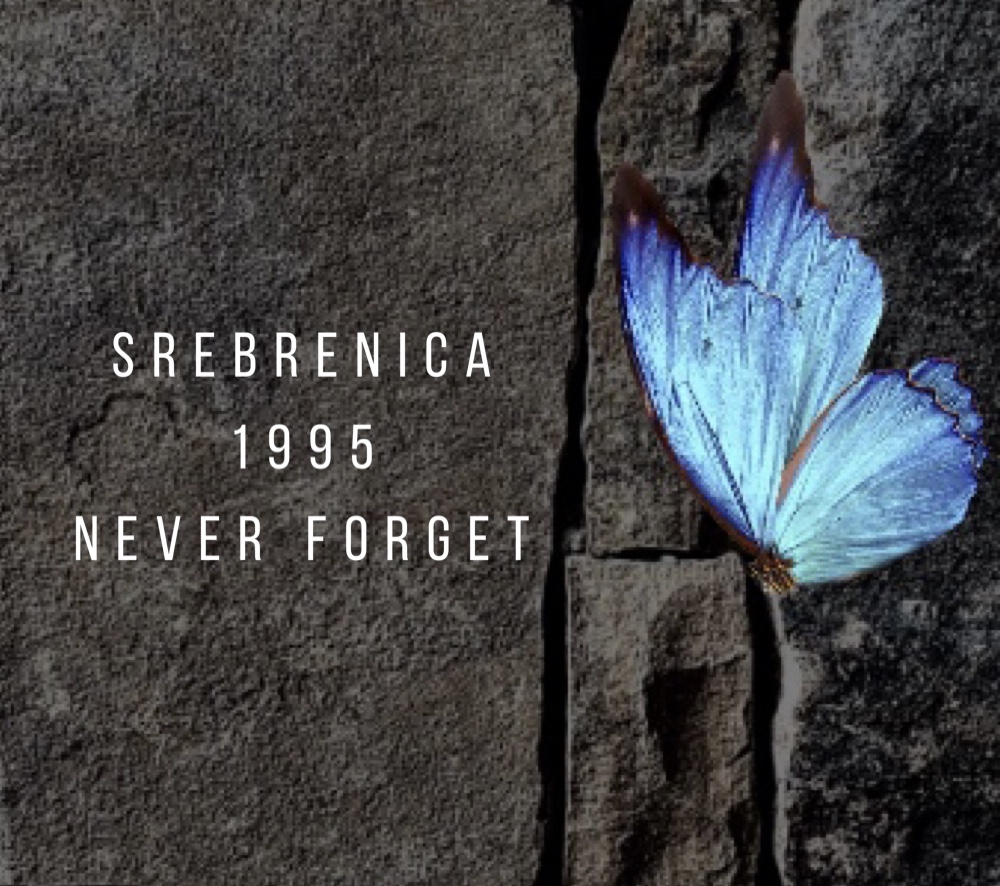
On 11 July 1995, 8372 people were massacred in Srebrenica, despite being declared as a “secure area” by the United Nations Security Council (UNSC). During the Bosnian War, which is one of the darkest pages of recent history, the Serbians systematically tortured the non-Serbian population, especially the Bosnian Muslims, and aimed to expel them from their lands[1]. This massacre the Bosnian Muslims were subjected to, based on the lawsuit filed by Bosnia-Herzegovina, was accepted as a genocide by the International Court of Justice (ICJ) on 26 February 2007[2]. On the other hand, the ICJ’s decision of Serbia not being responsible for the genocide in question caused a generally negative reaction[3]. However, not long ago, the sentence of former Bosnian-Serb General Ratko Mladic was approved by the International Criminal Court as a life sentence for genocide, war crimes and crimes against humanity[4].
As AVİM, we have recently-written analysis articles regarding the genocides committed in Rwanda[5] and Namibia[6]. Today, it is necessary to focus attention on the Netherlands in order to commemorate the genocide in Srebrenica and to ensure that the extent of the tragedy is not forgotten.
As is known, in accordance with the 1948 Genocide Convention of the United Nations, only an authorized international court can decide on whether a genocide has taken place or not. Since 1948, an authorized international court has made a decision of genocide regarding Srebrenica and Rwanda. A third genocide happened in Darfur, Sudan, however, a decision has not yet been made. In brief, Srebrenica and Rwanda have been concluded, without a shadow of a doubt, as genocides by an authorized international court.
A subject that needs to be remembered is the Dutch unit, which was on duty in Srebrenica at the time, serving under the UN umbrella and was tasked with protecting the people who were subjected to the genocide. The Dutch unit did not fulfill this task. Therefore, they have been an indirect party in this genocide/they took part in this genocide, albeit indirectly. In fact, it would be accurate to state that Srebrenica was never a “secure area”. In his article published in 2008, Srebrenica Mayor Abdurrahman Malkic wrote that various experiments were conducted on approximately 45 thousand people and that all kinds of special warfare were applied[7]. Today, in accordance with the Dayton Agreement, Srebrenica is situated within the borders of Republika Srpska, despite that 75% of its population was Bosnian in 1991[8]. As of 2021, a Serbian mayor has been elected for the first time since the war. From 2021 onwards, the Bosnian population has decreased to 54%[9]. This state reveals that the oppression of the Bosnian people has not ended after the genocide that took place in 1995.
In these days when we commemorate recent history, it would be appropriate to remember that the Dutch parliament passed a resolution accusing Turkey of genocide[10]. It was declared in the resolution that, apart from the Armenians, the Arameans, Assyrians and Greeks were also subjected to genocide. This resolution is biased and false. As is known, resolutions passed by parliaments are not binding. Parliaments make political decisions. The Dutch parliament’s interest for the genocide subjects give the impression that it is closely linked to everyday politics and prejudices.
It is understood that the Dutch parliament is seeking justice on the subject of genocide or crimes against humanity. As AVİM, we place importance on reminding that the Netherlands committed the most shameful genocides in the history of humanity in order to achieve this justice. It will be remembered today that, apart from their racist leader Geert Wilders, who rejects differences, the Netherlands has been pursuing a foreign policy of pragmatism since the 17th century. The East India Company, founded in 1600, and the Dutch East India Company, founded in 1602, are two entities that made a name for themselves with their colonies and their oppression. The Dutch East India Company is known as the first colonial company of South Africa. In 1659, the Netherlands caused great massacres while enslaving the Khoekhoe tribe[11]. In recent history, on 11 July 1995, the environment created by the Netherlands in Srebrenica suitable/convenient for the genocide needs to be re-evaluated. Diego E. Arria, Venezuela’s former UN Ambassador and the head of the committee sent to Srebrenica by the UNSC in 1993, stated in his article that the Dutch peace-keeping troops (UNPROFOR) acted like “mafia bosses/chiefs in concentration camps”[12]. We believe that the Netherlands’ conducting of self-criticism regarding its non-functionality in this case can lead to concrete results.
The Netherlands also has rulers who are not proud of its history and even express shame. Recently, the Mayor of Amsterdam, Femke Halsema, apologized for the capital of the Netherlands’ role in slave trade. Halsema became the first mayor who officially apologized for the Netherland’s history of colonization and slavery. Similarly, the municipalities of Utrecht, the Hague and Rotterdam have announced that they will take steps towards an apology[13].
Germany has decided to recognize the atrocities it committed in Namibia between 1902-1904 as a genocide. It can be expected that this decision will influence the Dutch parliament.
It is clear that attempts are being made lately towards the genocide term becoming associated with the Turkish people and the Republic of Turkey. It must not be forgotten that the source of wealth of the states that try to give lectures regarding genocide is the criminal oppression they inflicted on the people of the lands they colonized. Even after centuries, it was the Netherlands that, in recent history, created a “convenient environment” for the genocide in Srebrenica. Therefore, those who are trying to create the situation in which Turks and Muslims come to mind when the “genocide” term is used are the ones who laid the foundation of genocide in history. On July 11th, 19 more newly identified bodies of those who were subjected to genocide in Srebrenica were buried at the Potocari Memorial Cemetery. July 11th was declared a day of mourning in the Federation of Bosnia and Herzegovina and Brcko[14]. As AVİM, we respectfully commemorate those who lost their lives in the Srebrenica genocide.
[1] Ömer Engin Lütem, “Sunuş,” Uluslararası Suçlar Bosna-Hersek Örneği: Sempozyum Bildirileri, ed. Sevin Elekdağ, Erhan Türbedar (Ankara: Avrasya Stratejik Araştırmalar Merkezi (ASAM), İnsanlığa Karşı Suçlar Araştırma Enstitüsü (İKSAREN) Yayınları, 2008), 11.
[2] Loğoğlu, “Önsöz,” Uluslararası Suçlar Bosna-Hersek Örneği: Sempozyum Bildirileri, 9.
[3] Aydın Babuna, “Tarih Boyunca Boşnaklar: Kimlik ve Soykırım” Uluslararası Suçlar Bosna-Hersek Örneği: Sempozyum Bildirileri, 25.
[4] “Ratko Mladiç: Eski Bosnalı Sırp Generale Verilen Ömür Boyu Hapis Cezası Onandı,” bbc.com, June 8, 2021, https://www.bbc.com/turkce/haberler-dunya-57404778.
[5] Gülperi Güngör, “France Fails To Accept Its Responsibility For The Rwandan Genocide”, avim.org.tr, June 11, 2021, https://avim.org.tr/en/Yorum/FRANCE-FAILS-TO-ACCEPT-ITS-RESPONSIBILITY-FOR-THE-RWANDAN-GENOCIDE .
[6] Mehmet Oğuzhan Tulun, “Genocide and Germany – III”, avim.org.tr, June 15, 2021, https://avim.org.tr/en/Analiz/GENOCIDE-AND-GERMANY-III.
[7] Abdurrahman Malkiç, “Srebrenitsa: 12 Yıl Sonra,” Uluslararası Suçlar Bosna-Hersek Örneği: Sempozyum Bildirileri, 41.
[8] Malkiç, Uluslararası Suçlar Bosna-Hersek Örneği: Sempozyum Bildirileri, 41.
[9] “Soykırımla Hatırlanan Srebrenitsa’da Halk 21 Şubat’ta Yeniden Sandığa Gidecek,” Anadolu Ajansı, February 19, 2021, https://www.aa.com.tr/tr/dunya/soykirimla-hatirlanan-srebrenitsada-halk-21-subatta-yeniden-sandiga-gidecek/2150185.
[10] “Hollanda Parlamentosu “Ermeni soykırımı” İddialarını Kabul Etti,” Independent Türkçe, February 26, 2021, https://www.indyturk.com/node/321941/dünya/hollanda-parlamentosu-ermeni-soykırımı-iddialarını-kabul-etti.
[11] “The Story of Africa: Southern Africa,” bbc.co.uk,https://www.bbc.co.uk/worldservice/africa/features/storyofafrica/12chapter2.shtml.
[12] Diego E. Arria, “Bosna’daki Soykırımın Uluslararası Toplumca Örtbas Edilmesinde Son Perde: Kusursuz Cinayet Srebrenitsa,” Uluslararası Suçlar Bosna-Hersek Örneği: Sempozyum Bildirileri, 45.
[13] “Amsterdam Belediye Başkanı, Kentin Köle Ticaretindeki Rolü Nedeniyle Özür Diledi,” bbc.com, July 1, 2021, https://www.bbc.com/turkce/haberler-dunya-57683972.
[14] “Srebrenitsa Soykırımı’nın 19 Kurbanı Daha Toprağa Verildi,” Anadolu Ajansı, July 11, 2021, https://www.aa.com.tr/tr/dunya/srebrenitsa-soykiriminin-19-kurbani-daha-topraga-verildi/2301124.
© 2009-2025 Center for Eurasian Studies (AVİM) All Rights Reserved
No comments yet.
-
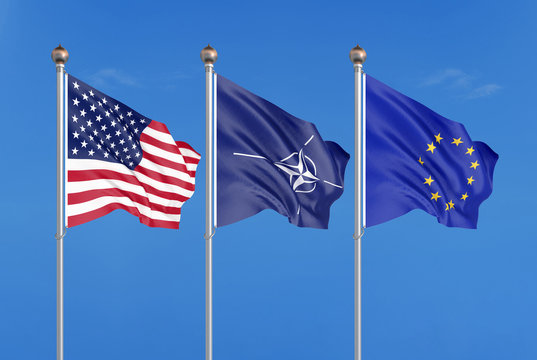 THE EU’S WORRIES ON THE US’ MILITARY EXISTENCE/ABSENCE
THE EU’S WORRIES ON THE US’ MILITARY EXISTENCE/ABSENCE
Hazel ÇAĞAN ELBİR 11.01.2021 -
 24 APRIL AND RACIST ARMENIAN TERRORIST SASSOUNIAN'S PAROLE IS BEFORE THE CALIFORNIA GOVERNOR NEWSOM ONCE AGAIN
24 APRIL AND RACIST ARMENIAN TERRORIST SASSOUNIAN'S PAROLE IS BEFORE THE CALIFORNIA GOVERNOR NEWSOM ONCE AGAIN
Hazel ÇAĞAN ELBİR 28.04.2020 -
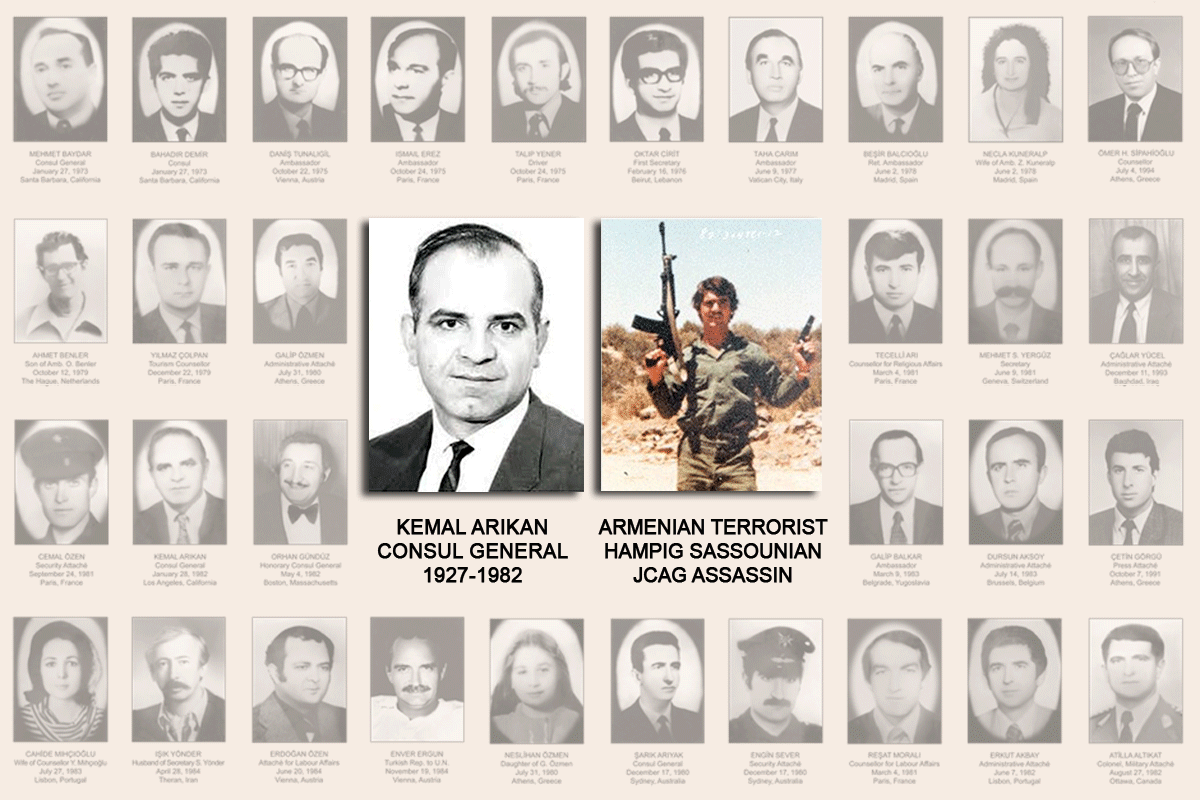 THE DECISION TO RELEASE SASSOUNIAN
THE DECISION TO RELEASE SASSOUNIAN
Hazel ÇAĞAN ELBİR 16.03.2021 -
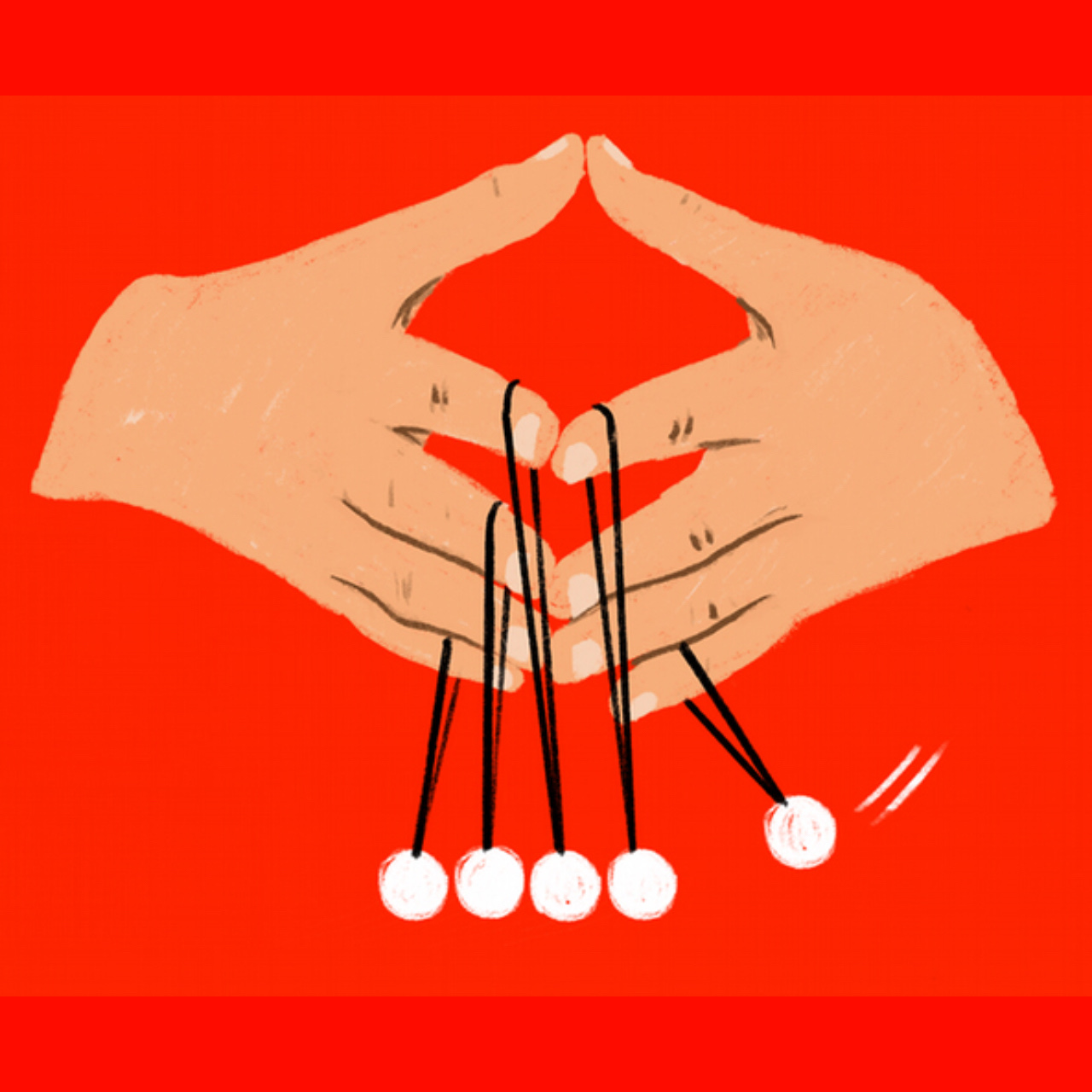 THE MERKEL THAT TURKEY WILL REMEMBER WHEN AN ERA ENDS
THE MERKEL THAT TURKEY WILL REMEMBER WHEN AN ERA ENDS
Hazel ÇAĞAN ELBİR 20.09.2021 -
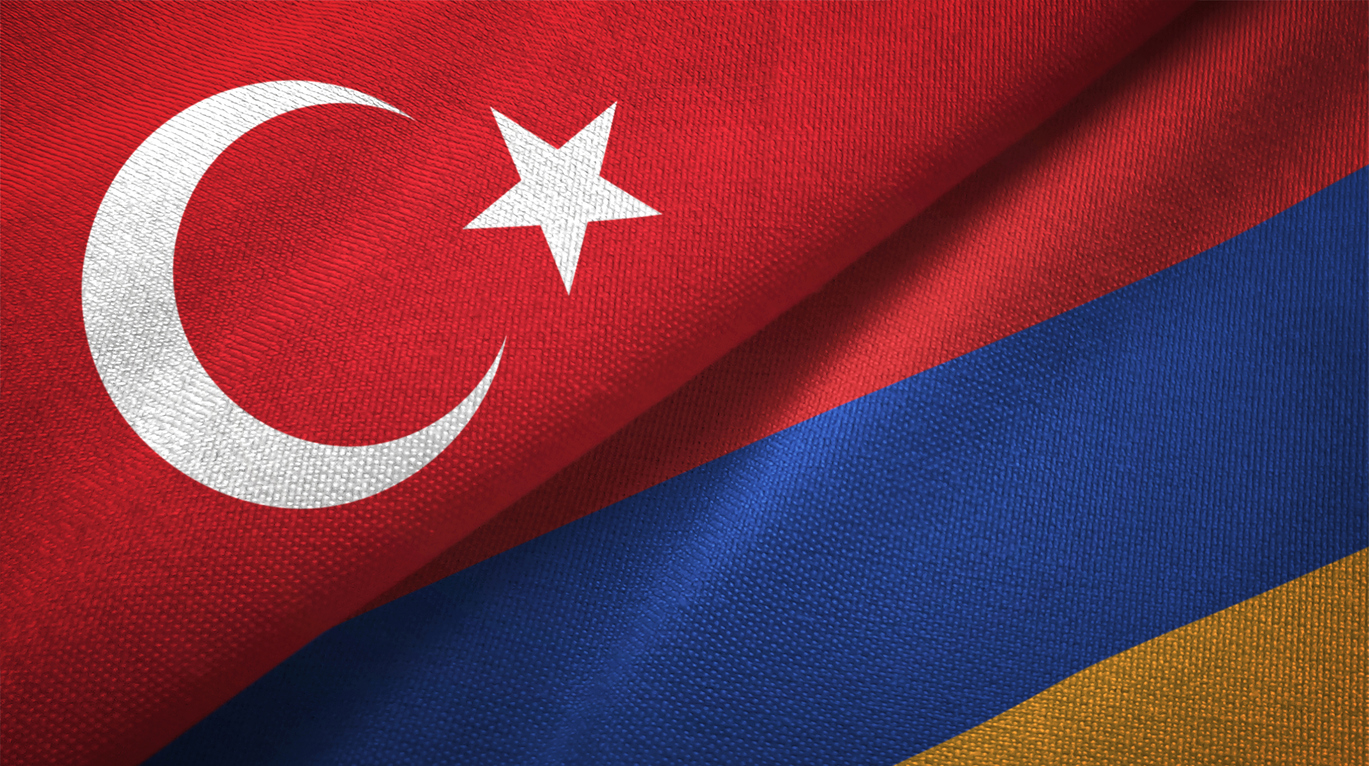 ATTEMPTS TO UNDERMINE THE NORMALIZATION PROCESS OF TÜRKİYE - ARMENIA RELATIONS
ATTEMPTS TO UNDERMINE THE NORMALIZATION PROCESS OF TÜRKİYE - ARMENIA RELATIONS
Hazel ÇAĞAN ELBİR 29.12.2022
-
 COMMENTS ON "THE PAN-ARMENIAN DECLARATION ON THE 100th ANNIVERSARY OF THE ARMENIAN GENOCIDE"
COMMENTS ON "THE PAN-ARMENIAN DECLARATION ON THE 100th ANNIVERSARY OF THE ARMENIAN GENOCIDE"
Turgut Kerem TUNCEL 26.03.2015 -
 BOOK REVIEW: AZERBAIJAN DIARY: A ROGUE REPORTER'S ADVENTURES IN AN OIL-RICH, WAR-TORN, POST-SOVIET REPUBLIC
BOOK REVIEW: AZERBAIJAN DIARY: A ROGUE REPORTER'S ADVENTURES IN AN OIL-RICH, WAR-TORN, POST-SOVIET REPUBLIC
Nigar SHİRALİZADE 20.07.2018 -
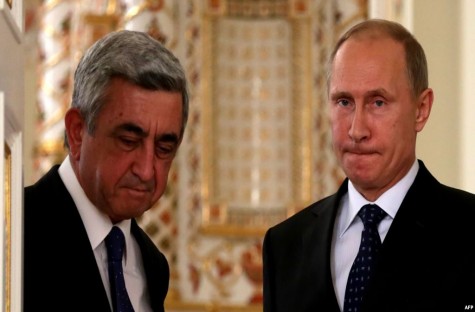 ARMENIA’S CHOICE: EAST OR WEST?
ARMENIA’S CHOICE: EAST OR WEST?
Hande Apakan 22.02.2015 -
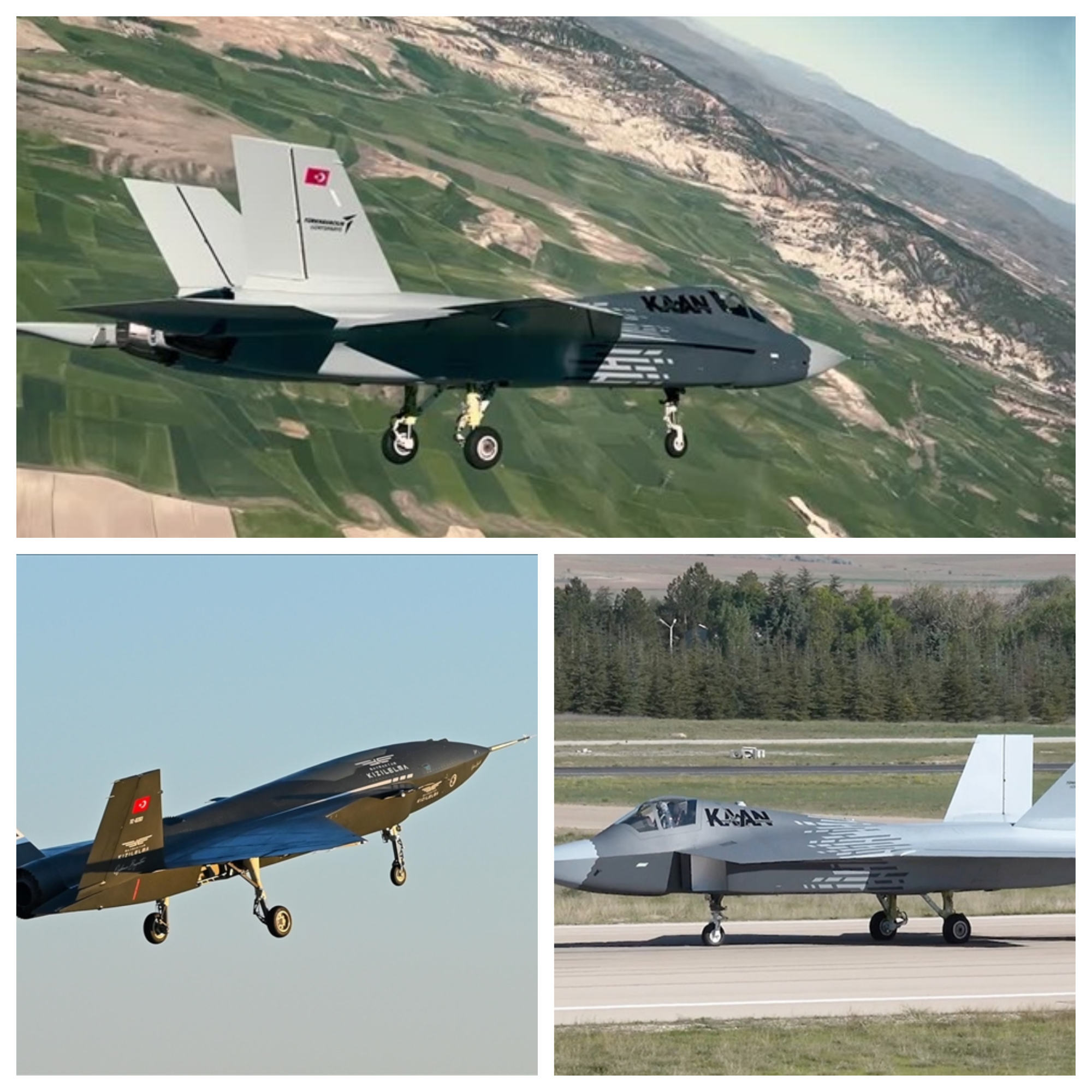 ESTABLISHING THE DELICATE BALANCE BETWEEN STRATEGIC AUTONOMY AND STRATEGIC INTERDEPENDENCE: THE CASE OF TÜRKIYE
ESTABLISHING THE DELICATE BALANCE BETWEEN STRATEGIC AUTONOMY AND STRATEGIC INTERDEPENDENCE: THE CASE OF TÜRKIYE
Teoman Ertuğrul TULUN 05.08.2025 -
 A REGIONAL THREAT: METSAMOR
A REGIONAL THREAT: METSAMOR
Özge Nur ÖĞÜTCÜ 04.11.2015
-
25.01.2016
THE ARMENIAN QUESTION - BASIC KNOWLEDGE AND DOCUMENTATION -
12.06.2024
THE TRUTH WILL OUT -
27.03.2023
RADİKAL ERMENİ UNSURLARCA GERÇEKLEŞTİRİLEN MEZALİMLER VE VANDALİZM -
17.03.2023
PATRIOTISM PERVERTED -
23.02.2023
MEN ARE LIKE THAT -
03.02.2023
BAKÜ-TİFLİS-CEYHAN BORU HATTININ YAŞANAN TARİHİ -
16.12.2022
INTERNATIONAL SCHOLARS ON THE EVENTS OF 1915 -
07.12.2022
FAKE PHOTOS AND THE ARMENIAN PROPAGANDA -
07.12.2022
ERMENİ PROPAGANDASI VE SAHTE RESİMLER -
01.01.2022
A Letter From Japan - Strategically Mum: The Silence of the Armenians -
01.01.2022
Japonya'dan Bir Mektup - Stratejik Suskunluk: Ermenilerin Sessizliği -
03.06.2020
Anastas Mikoyan: Confessions of an Armenian Bolshevik -
08.04.2020
Sovyet Sonrası Ukrayna’da Devlet, Toplum ve Siyaset - Değişen Dinamikler, Dönüşen Kimlikler -
12.06.2018
Ermeni Sorunuyla İlgili İngiliz Belgeleri (1912-1923) - British Documents on Armenian Question (1912-1923) -
02.12.2016
Turkish-Russian Academics: A Historical Study on the Caucasus -
01.07.2016
Gürcistan'daki Müslüman Topluluklar: Azınlık Hakları, Kimlik, Siyaset -
10.03.2016
Armenian Diaspora: Diaspora, State and the Imagination of the Republic of Armenia -
24.01.2016
ERMENİ SORUNU - TEMEL BİLGİ VE BELGELER (2. BASKI)
-
AVİM Conference Hall 24.01.2023
CONFERENCE TITLED “HUNGARY’S PERSPECTIVES ON THE TURKIC WORLD"









